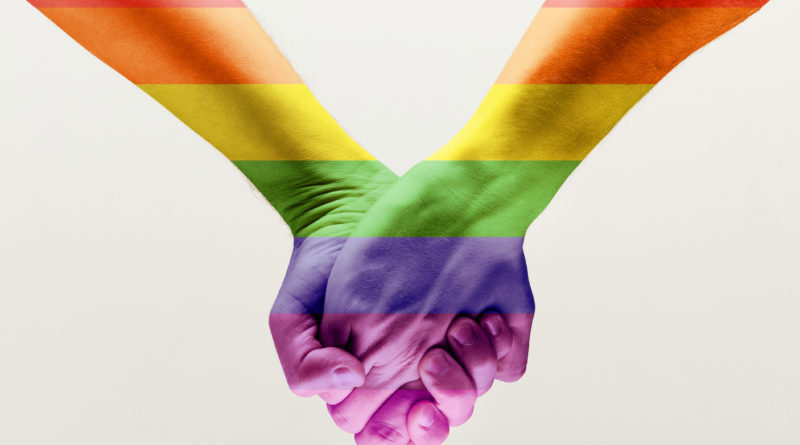Can Employers Fire Workers For Being LGBTQ+?
15,450 total views, 1 views today
Many members of the LGBTQ+ community (LGBTQ+ stands for lesbian, gay, bisexual, transgender, and queer, with the plus sign signifying the many other sexual orientations and genders that the abbreviation encompasses) have dealt with workplace discrimination. This isn’t just conjecture – a set of cases regarding the matter has made its way to the Supreme Court. Today, the court’s justices will hear these cases, potentially setting the stage for judicial decisions that ultimately answer a long-open question: Can employers fire workers for being LGBTQ+?
Current LGBTQ+ employment discrimination laws
At the moment, the answer to this question varies by state and city. Currently, 21 states explicitly ban employment discrimination based on sexual orientation and gender, two states implicitly ban this discrimination, and one bans discrimination based only on sexual orientation. Cities in the 26 states that have no legislation on the matter often have their own separate laws protecting the LGBTQ+ community against employment discrimination. The Supreme Court’s eventual ruling on today’s cases is all but certain to affect these laws in some way, but it may be too early to predict how.
What happens when LGBTQ+ people lose their jobs
Some might be tempted to say that someone who’s lost a job should just get on with their lives and keep applying for new jobs. As the case of Gerald Bostock (one of the plaintiffs in the cases that the Supreme Court will hear today) demonstrates, it’s not that simple.
After 10 years as the child-welfare coordinator for Clayton County, Georgia (a state with no LGBTQ+ employment discrimination protections), Bostock was fired when his employer discovered he was gay. As a result, he lost his medical insurance during the middle of his battle with prostate cancer.
Aimee Stephens, a transgender woman said to be at the center of today’s cases, experienced similar upheavals upon losing her job as a funeral director. On the verge of taking her own life, she decided to come out to her coworkers as transgender. In Livonia, Michigan, she faced no protections from the law, and her boss fired her two weeks after she came out. Although Stephens’ boss offered her severance, he did so with the stipulation that she would not pursue wrongful termination action against him. Needless to say, she declined this offer.
Why LGBTQ+ people might already be protected
Although federal law has yet to formally codify anti-discrimination legislation in regards to LGBTQ+ employment, the plaintiffs in today’s cases will argue that Title VII of the 1964 Civil Rights Act protects them. This law established a ban on sex-based discrimination over half-a-century ago, and many LGBTQ+ advocates argue that its language covers sexual orientation and gender as well.
The Trump administration, which is known to be hostile to the LGBTQ+ community, disagrees. In a brief filed to the Supreme Court for today’s cases, the administration said that “sex stereotyping by itself” does not violate Title VII. In other words, the Trump administration does not see firing someone for being transgender as illegal. Next year, the Supreme Court will announce which side it will take, and with this news could come major changes for how LGBTQ+ people navigate employment opportunities.

